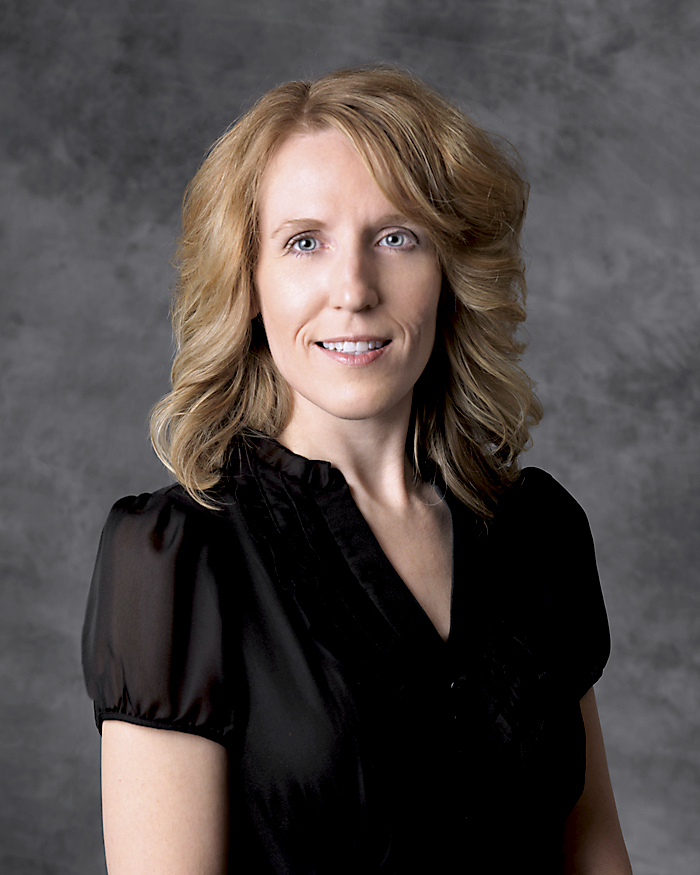People who purchased health insurance plans with BlueCross BlueShield of Tennessee before the Affordable Care Act took effect will be forced to buy new plans for 2016.
The so-called grandfathered plans will be ended even though President Barack Obama and other champions of the ACA suggested individuals enrolled in policies before March 23, 2010, would be able to keep their plans when pitching the law.
The law, however, said plans could lose the grandfathered status if costs or benefits changed significantly.
Keeping the policies in place is up to the insurers. Other insurance companies around the country have begun to end grandfathered plans, which do not have to comply with all ACA requirements, such as covering preventative visits.
BlueCross policyholders received letters last week that their plans will be terminated on Dec. 31. Insurers must notify the state agency of the intent to terminate.
There are about 24,000 people covered under about 90 grandfathered plans, according to BlueCross spokeswoman Mary Danielson. The decision does not impact the 321 groups that have grandfathered plans.
"We made the decision not to extend these grandfathered plans because it is very difficult and inefficient to support essentially two individual markets under different sets of coverage requirements," said Danielson.
In 2015, there were about 128,000 Tennesseans covered by grandfathered plans, down from 131,000 the year before, Julie Mix McPeak, commissioner of the Tennessee Department of Commerce and Insurance, told a U.S. House subcommittee in June.
While insurers have the option to keep older plans in place - at least temporarily - there are forces impacting the decision. Some people have opted to enroll in plans that meet the new federal requirements.
Enrollment in health insurance on the federally run exchange jumped in the second year of the exchange. As of June 30, there were nearly 70,000 more people enrolled than at the end of 2014. The lion's share of those qualify for tax credits to make the monthly premiums more affordable.
Both medical trends and how people use medical services have impacted the older and transitional plans, McPeak testified.
Grandfathered plans offered by the state's insurers saw average premium increases ranging from 10 to 14 percent since 2012, according to the state agency.
The grandfathered plans' premiums have come in line with comparable ACA plans over the last few years, McPeak said.
The grandfathered plans, if kept in place, would have needed a premium increase, said Danielson.
Another change at BlueCross means more people will be looking for new insurance plans.
The insurer ended all of its transitional individual plans - also called grandmothered plans - as of Sept. 30.
There were 170,000 Tennesseans with grandmothered plans across the state from various insurers in 2015, down from 230,000 in 2014, according to the TDCI.
More than 231,000 people enrolled in insurance on the federally run exchange in 2015, about two-thirds of whom remained enrolled at the end of June. The exchange drew more people in its second year and those who helped people navigate the market expect more to be enrolled in 2016.
BlueCross's decision to end grandfathered and transitional plans will likely mean more people are shopping for insurance on the exchange, where people can choose from several carriers.
The letters told policyholders they have three choices to get coverage.
They could shop on the federally run exchange, see if they qualify for Medicaid or look for individual plans that are sold off the marketplace, which would not qualify for tax credits.
Many of the people in grandfathered plans haven't looked at the marketplace, said David White, president at Certeza Insurance Group, because they haven't needed to think about that option.
There is still misunderstanding or lack of awareness of the potential tax penalties of being uninsured. Groups that help people enroll on the marketplace are trying to reach people who may be at risk of penalty for being uninsured, yet unaware.
To make sure insurance coverage bought on the exchange is in place on Jan. 1, people need to enroll in a plan by Dec. 15.
Those who are coming out of a grandfathered plan have an extended enrollment period that runs through February.


